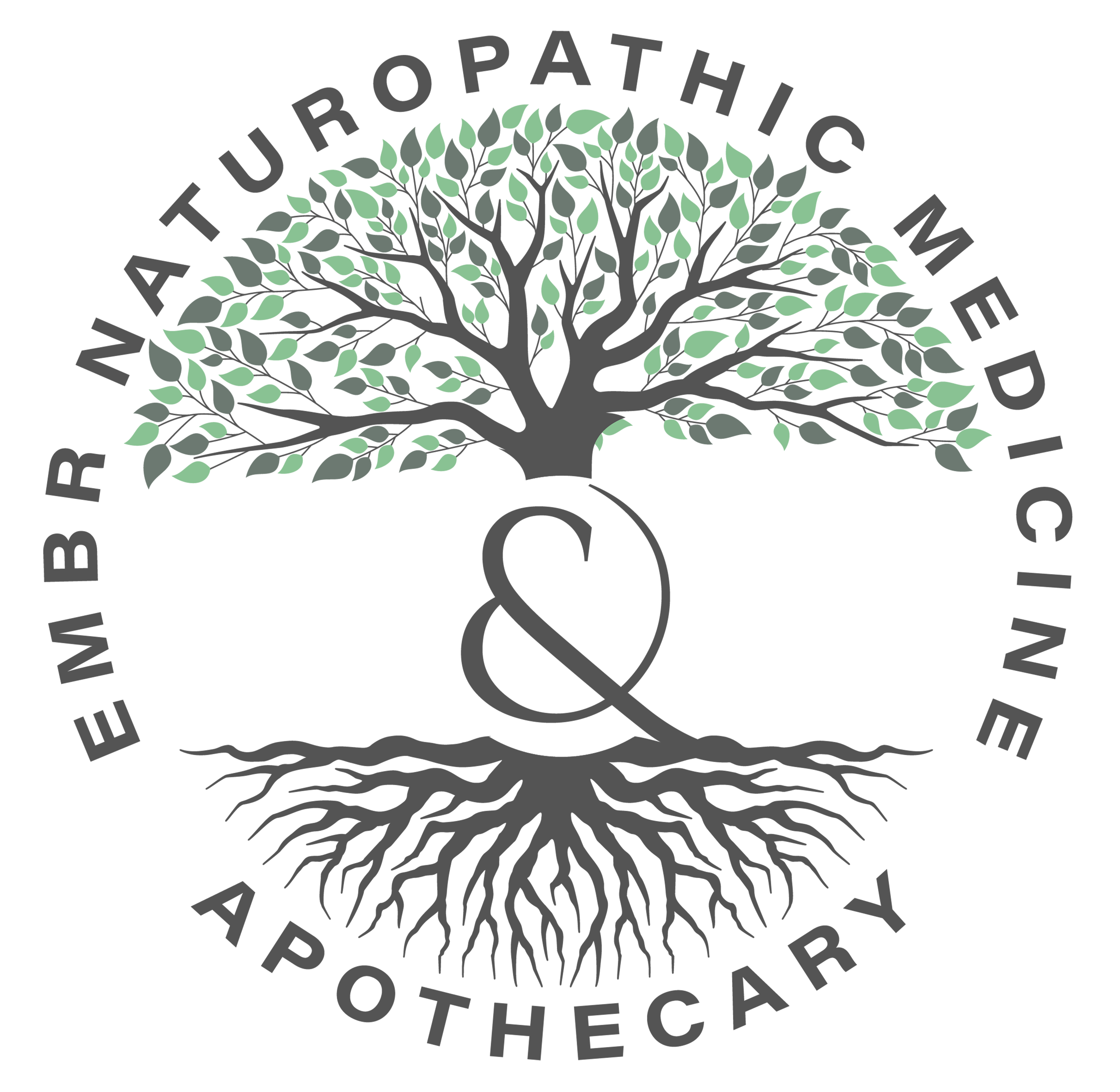Functional Medicine, a term that seems to be engulfing the medical arena with a breath of fresh air, nudges us to redefine health and wellness. Unlike conventional routes that treat diseases in isolation, Functional Medicine endeavors to unmask the root cause by viewing the body as an interconnected web.
The concept is simple, yet profound – consider the body as a holistic entity, where each system is intertwined with the other. This domain of medicine doesn’t just stop at symptom alleviation but digs deeper to unveil the underlying issues by analyzing a myriad of factors unique to each individual.
Unveiling Functional Medicine
Functional medicine encompasses a broad perspective by taking into account various factors that contribute to our unique health blueprint. These include our lifestyle choices, environmental influences, and genetic predispositions.
Unlike the segmented approach of traditional medicine, where specialists focus on specific body systems, Functional Medicine brings a holistic lens to the table. Whether it’s cardiovascular, endocrinology, gastroenterology, or neurology, Functional Medicine practitioners endeavor to connect the dots between these distinct systems, aiming to solve the complex puzzle that is the human body.
The Holistic Versus The Fragmented
The traditional medical sphere has always had a set pattern – identify a disease, treat it with a corresponding set of medications or procedures, and hope for the best. However, the cracks in this system become glaringly visible when one realizes that our bodies don’t operate in isolation. Each organ system is part of a grand scheme, functioning in harmony with others.
Functional Medicine practitioners dig through a patient’s medical history, laboratory records, imaging studies, and specialty tests to unravel the bigger picture. This comprehensive approach ensures no stone is left unturned, bridging the gaps that conventional methods might overlook.
Bridging the Diagnostic Divide
Functional Medicine seeks to redefine the diagnostic process by introducing a holistic approach. Unlike the conventional model where each specialist addresses specific health issues in isolation, Functional Medicine strives to integrate these specialized perspectives into a coherent whole. Here’s a more detailed exploration of how Functional Medicine bridges the diagnostic divide:
Unified Approach:
Functional Medicine practitioners look at the body as an integrated system. Instead of viewing different organs and systems in isolation, they strive to understand how these systems interact with one another and contribute to an individual’s overall health.
Thorough Analysis:
Functional Medicine practitioners delve deeply into an individual’s medical history, lifestyle, genetic predispositions, and environmental influences. They analyze the cumulative data from various specialists, laboratory tests, imaging studies, and other diagnostic procedures to obtain a comprehensive understanding of the individual’s health status.
Synergy Between Specialists:
In the realm of Functional Medicine, different specialists collaborate, rather than operate in silos. This collaborative effort helps in creating a more coherent and effective diagnostic and treatment plan. The synergy between various medical specialties ensures that all relevant information is taken into account when devising a treatment plan.
Preventing Oversights:
The traditional approach of shuffling between specialists often leads to a fragmented understanding of health issues. There’s a risk that crucial aspects of an individual’s health may be overlooked. Functional Medicine aims to prevent such oversights by ensuring that the diagnostic process is thorough and integrative.
Holistic Understanding:
By amalgamating various diagnostic insights, Functional Medicine enables a holistic understanding of an individual’s health. This rounded perspective is vital for addressing the root causes of health issues, rather than merely alleviating symptoms.
Personalized Diagnostic Journey:
Functional Medicine honors the uniqueness of each individual by tailoring the diagnostic process to their specific needs and circumstances. This personalized approach ensures that the diagnostic journey is as thorough and accurate as possible.
The Multifaceted Human Organism
The essence of functional medicine resonates with the multifaceted nature of the human body. Every individual is a complex amalgamation of genetic, environmental, and lifestyle factors that contribute to their overall health status. Recognizing and respecting this complexity, Functional Medicine seeks to tailor a personalized plan for each individual, thereby not just treating diseases, but promoting overall well-being.
In The Realm Of Personalized Medicine
The days of one-size-fits-all are long gone as we usher in the era of personalized medicine, where treatment plans are as unique as the individuals receiving them. Functional Medicine is at the forefront of this paradigm shift, offering a bespoke approach to healthcare that honors the individuality and unique needs of each person.
The Journey Towards Holistic Wellness
The goal is simple – to create the most beautiful end product, a state of holistic wellness where the body, mind, and soul function in perfect harmony. Functional Medicine is not a quick fix, but a journey. A journey of discovering, understanding, and nurturing one’s body toward achieving a state of complete well-being.
Conclusion
In conclusion, Functional Medicine isn’t merely a fleeting trend in healthcare, but a robust paradigm shift steering towards an era of holistic and individualized care. It bridges the chasm between the patient and practitioner, crafting a milieu where healthcare is not just about symptom management, but fostering an enduring state of well-being. As Functional Medicine continues to burgeon, it beckons a promising horizon, where the essence of healthcare reverberates with empathy, understanding, and a relentless pursuit of holistic wellness.
Additionally, the sagacity of Functional Medicine lies in its adaptability and relentless pursuit of uncovering underlying health issues. In a realm where diagnostic endeavors harmonize with individualized care, patients find a sanctuary where their health narratives are heard, validated, and addressed with a tailored approach.
Furthermore, Functional Medicine extends an invitation to patients to become active participants in their health journey. Through comprehensive consultations and an earnest endeavor to unravel the story behind every symptom, Functional Medicine practitioners foster a nurturing and empowering environment for individuals to traverse toward optimal health.
FAQs
1- What is Functional Medicine?
Functional Medicine is a holistic approach to healthcare that focuses on identifying and addressing the root causes of diseases, rather than merely treating the symptoms. It takes into consideration the individual’s genetics, environment, and lifestyle to provide personalized care.
2- How does Functional Medicine differ from Conventional Medicine?
Unlike conventional medicine, which often treats symptoms in isolation, Functional Medicine looks at the body as an integrated system. It aims to find the underlying issues contributing to health problems by considering all bodily systems and their interactions.
3- What can I expect during a Functional Medicine consultation?
During a consultation, a Functional Medicine practitioner will carry out a thorough assessment of your medical history, lifestyle, environmental exposures, and genetic factors. They typically also order comprehensive testing to better understand your health status. This holistic approach allows for the creation of a personalized treatment plan.
4- What conditions can Functional Medicine address?
Functional Medicine can address a wide range of conditions, including chronic diseases like diabetes, heart disease, and autoimmune disorders. It’s also effective in dealing with hormonal imbalances, digestive disorders, and neurological conditions, among others.
5- How does Functional Medicine support personalized healthcare?
Functional Medicine tailors treatment plans to individuals by considering their unique genetic makeup, lifestyle, and environmental factors. This personalized approach ensures that the treatment is more effective and aligned with the individual’s specific health needs.
6- Is Functional Medicine evidence-based?
Functional Medicine combines the latest medical research with a personalized approach to healthcare. It leverages evidence-based practices, while also acknowledging the importance of personalized care, making it a progressive and scientifically grounded approach to healthcare.

